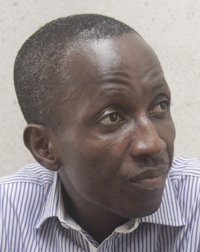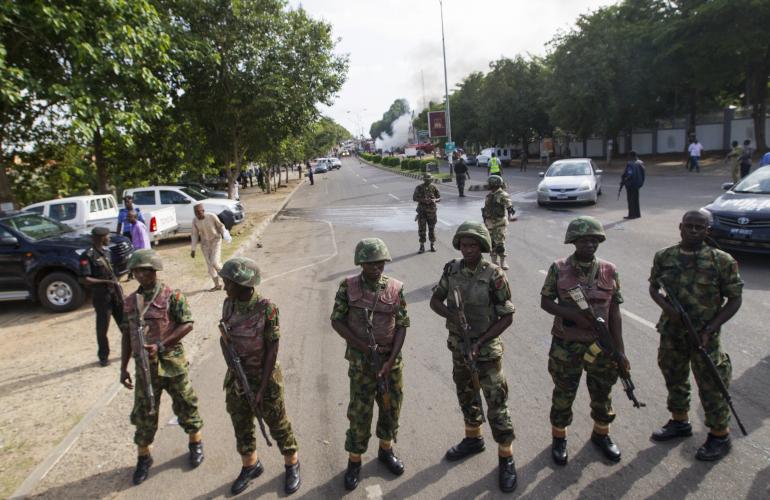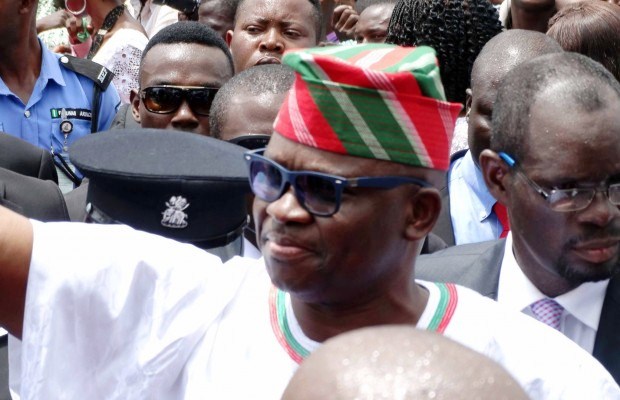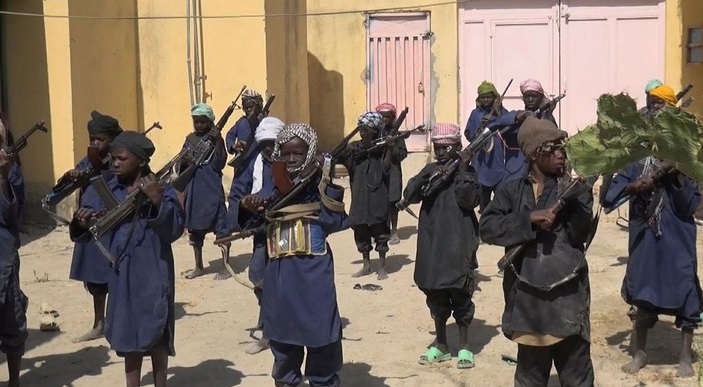Finally, election day is here. After all the arguments and counter arguments, campaigns without messages and rallies without substance, Nigerians can cast their votes and a winner will emerge. In the last two to three months, this column has written on different issues concerning the election, especially the presidential election holding this Saturday. We have examined how our fault lines became deeper and how the umpire, the Independent National Electoral Commission (INEC), has not totally convinced us that it can conduct a free and fair election.
But that was before the postponement six weeks ago and in a way, some things have changed for the better. Painfully, some changed for the worse. INEC really got down to work particularly in the distribution of the so-called permanent voter cards resulting in more Nigerians getting theirs in readiness to exercise their franchise. For me, however, three vignettes showed how well our society has changed in the course of preparation for the March 28 presidential and National Assembly elections.
While taking my six year old to school last week, he just blurted out, “My daddy, I want to vote.” I quickly looked in the mirror to be sure who spoke but then I remembered that there were only two of us in the car. ‘You can’t vote now,’ was my reply. He asked further, “Why can’t I vote?” to which I responded ‘you’re not yet 18, only those who are 18 years and above can vote.” He started counting his fingers and later said, “18 years is far, far away, but then why are they campaigning on radio and television that we should go and vote if they wouldn’t allow me to vote?” I decided to tease him further by asking him, “But whom would you have voted for if you were allowed to vote?” Surprisingly again, he told me his candidates and the reasons for preferring specific presidential and governorship candidates.
Now I’m not a sociologist or a demographer, but it is apparent that this election has raised our level of awareness of the processes that produce political leaders in our country. Many are now acutely aware of their rights and obligations to making the society a better place by selecting those that will lead us. Though it’s difficult to gauge without proper research how well this translates into prevention or elimination of rigging in our elections, but we can safely say that citizens are more involved this time around than we have ever been. And long may this continue.
Advertisement
The second was a gathering convened by a group, Mafoluku Youth Council, at the Oshodi-Isolo Local Government secretariat on Saturday, March 14. I was invited as a result of the work of my organization, Media Support Centre, on reforming constituency projects of National Assembly members. Titled ‘They Work For You’ one of the leaders of the group has attended a town hall meeting we held previously. These young men and women organized themselves and put candidates vying for the Lagos State House of Assembly and House of Representatives on the spot at that forum. Naturally not all the candidates turned up but two parties – APC and National Conscience Party (NCP) were represented by their candidates.
It was the closest I’ve seen citizens trying to take their destinies in their hands and specific questions were asked on what the candidates if elected, would do with their constituency allowance money. The hall was filled and the candidates too got a feeling that it would not be business as usual after March 28.
The third was a forum by Newsbreak, an online medium, where journalists gathered to dissect the election. Many variables were examined and we actually made projections of how the presidential election will likely go in the 36 states based on our reportage and understanding of the political forces at work. Further, we turned the mirror to our faces and analysed the role of the media in the process leading to this week’s election. Sadly, we concluded that the media have performed woefully as we have failed in our constitutionally assigned role.
Advertisement
Journalists have jettisoned reason and fairness that news copies read more like press releases routinely issued by mouthpieces of political parties. News bulletins are dominated by event reportage and nothing deeper in helping citizens make informed choices. The situation becomes more worrisome when juxtaposed with the fact that politicians own most media houses whose affiliation with different parties is not hidden.
But Nigeria is bigger than all the parties contesting in this election. We must behave properly and ensure that we are not cannon fodders for politicians who want to cause mayhem during or after the polls. By the way, have you thought of the possibility that your preferred candidate might not win?
Add a comment






